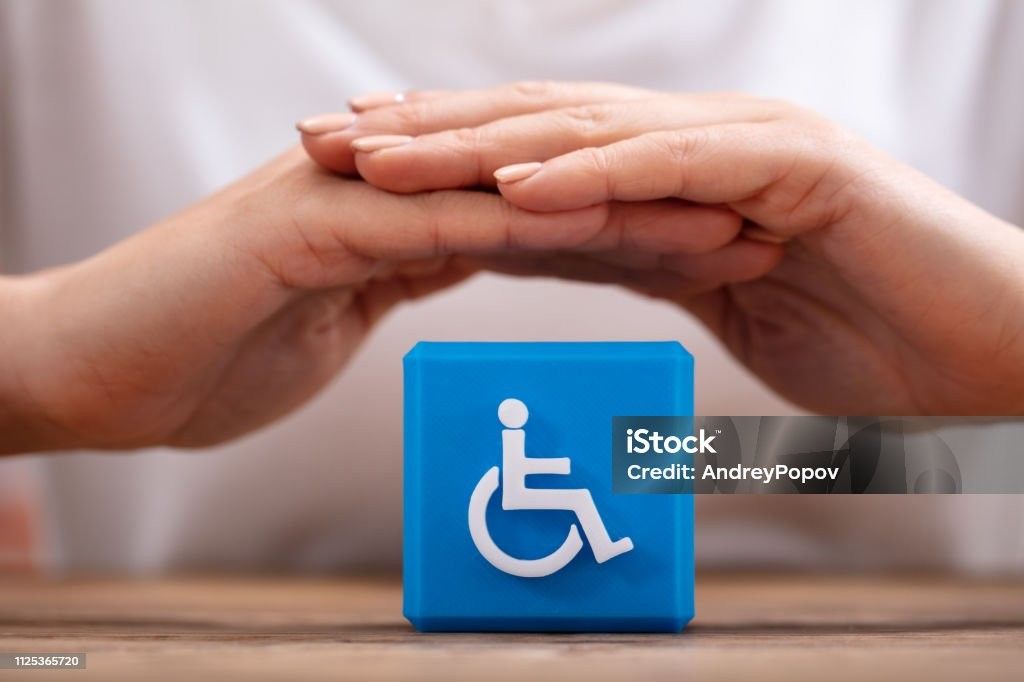The Psychological Toll of a Disability: Coping Strategies and Mental Health Resources for Claimants
On Behalf of Disability Insurance Law Group | | Disability Insurance – General TopicsAt Disability Insurance Law Group, our attorneys have been representing claimants nationwide for more than 50 combined years. Because of our experience, we fully understand dealing with a disability can be an overwhelming experience, often taking a significant psychological toll on individuals.
The stress of managing a disabling condition, coupled with the complexities of filing a disability claim, can lead to feelings of anxiety, depression, and helplessness. Here, we discuss coping strategies and mental health resources to help you navigate this challenging period.

Outline Actionable Coping Strategies
Setting actionable coping strategies instead of hard-to-reach goals is crucial for those suffering from disability because it fosters a sense of achievement and progress, which is vital for mental well-being.
Unrealistic goals can lead to frustration, disappointment, and a sense of failure, exacerbating feelings of helplessness and depression. In contrast, achievable, step-by-step strategies allow individuals to focus on what they can control, providing regular, small victories that boost confidence and motivation.
Start by:
- Staying Informed: Understanding your condition and the disability claims process can reduce anxiety. Knowledge empowers you to make informed decisions and feel more in control.
- Developing a Routine: Establishing a daily routine can provide a sense of normalcy and structure, helping to manage feelings of uncertainty and stress.
- Seeking Support: Don’t hesitate to contact family, friends, or support groups. Sharing your experiences and feelings with others who understand can provide emotional relief and practical advice.
- Practicing Self-Care: Engage in activities that promote physical and mental well-being, such as regular exercise, a healthy diet, sufficient sleep, and mindfulness practices like meditation or yoga.
- Setting Realistic Goals: Break down tasks into manageable steps and set achievable goals. Celebrate small victories to boost morale and motivation.
This approach helps manage daily challenges more effectively and builds resilience, enabling individuals to adapt to new circumstances with a more positive outlook.
Explore Essential Mental Health Resources
Exploring mental health resources is essential for those suffering from disability because it provides critical support for managing the emotional and psychological challenges that often accompany physical limitations.
That may include, but is not limited to:
- Professional Counseling: Consider seeing a therapist or counselor specializing in coping with chronic illness and disability. Cognitive-behavioral therapy (CBT) can be particularly effective in managing anxiety and depression.
- Support Groups: Join support groups, either in-person or online, to connect with others facing similar challenges. Organizations like the National Alliance on Mental Illness (NAMI) offer resources and support networks.
- Hotlines and Helplines: Use mental health hotlines and helplines for immediate support. The Substance Abuse and Mental Health Services Administration (SAMHSA) provides a national helpline that offers confidential assistance by phone, text, and chat. Dial 988 from your mobile device.
- Educational Resources: To learn more about managing mental health, access educational materials and resources from reputable organizations such as the American Psychological Association (APA) and the Anxiety and Depression Association of America (ADAA).
Contact Our Skilled Disability Insurance Claims Attorneys Today for Help
If your disability claim is delayed, disputed, or denied, seek advice from a financial counselor to manage the economic impact of your disability, including budgeting, debt management, and accessing benefits. Then, contact our dedicated disability insurance claims attorneys nationwide by calling (954)-989-9000 or online to schedule a free and confidential case assessment.
We can use our over 50 years of combined experience to help ensure that your application meets the required standards and effectively communicates the need for disability benefits.
Remember, seeking help is a sign of strength, and using the support systems available can significantly improve your mental well-being during this difficult time.




